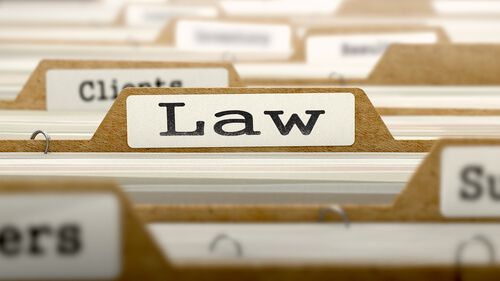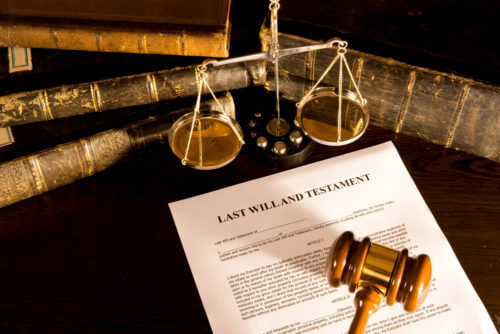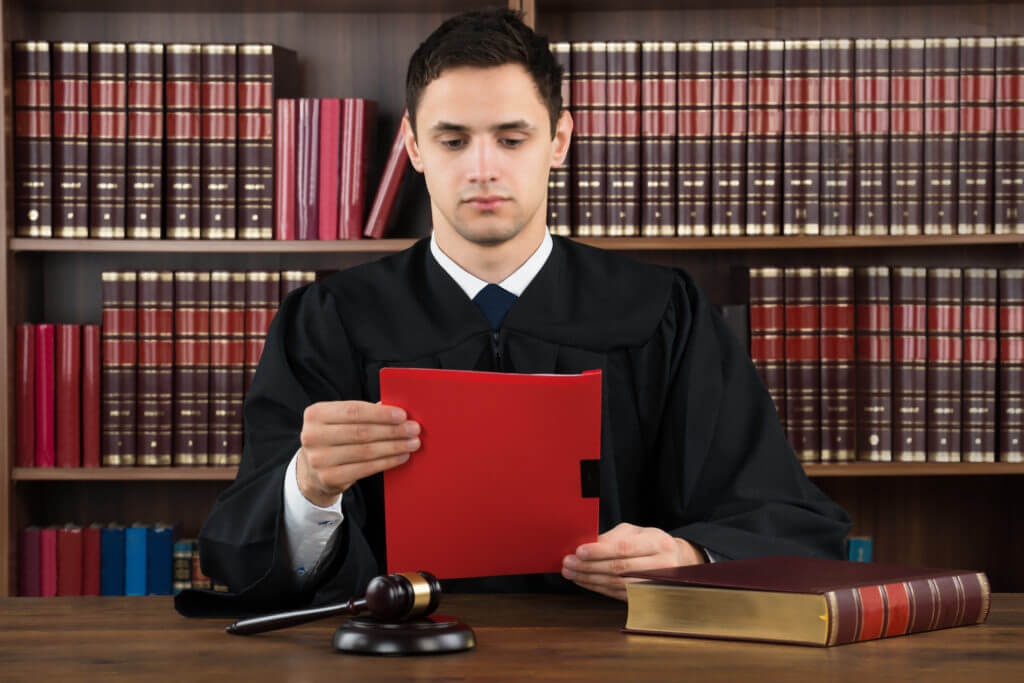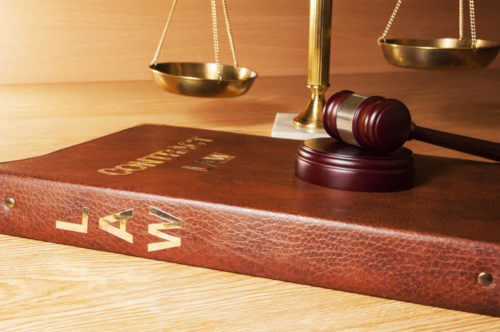Having malpractice insurance is important to reduce the chance that a legal malpractice claim will result in severe financial hardship to you or your firm. It will also save you time in defending such claims. Rule 1.4(c) of the PA Rules of Professional Conduct require a lawyer to inform a new client in writing if […]
Category Archives: Legal Malpractice
Clients come to me all the time with questions regarding pursuing an attorney for malpractice if you have already settled. We often have clients contact us who have settled their underlying matter and then, through some circumstances that have changed, they now are no longer happy with that settlement. That creates a unique problem particularly […]
Handling Insolvent Estates can Lead to Liability If you represent administrators and executors in settling decedent’s estates, you will at some time encounter an insolvent estate. Insolvent estates are simply those in which the assets are insufficient to pay all proper charges and claims in full. When handled properly, insolvent estates can be just as […]
Media Legal Malpractice Attorney Discusses Appealing a Loss As an experienced Media Legal Malpractice Attorney I am often asked how one can appeal a loss in court. All litigants in all negligence claims, be it a car accident or legal malpractice are required by the law to mitigate their damages. What does that mean? It […]
As an experienced Media Legal Malpractice Attorney I am often asked about the costs of malpractice cases. Along with all litigation, there are standard litigation costs and fees. Those run from simple mailing expenses to filing fees to charges for depositions and investigators. The largest expense incurred during a legal malpractice claim is the expense […]
Billing disputes with clients often lead to malpractice claims. Rule 1.5 of the Rules of Professional Conduct requires that when an attorney has not regularly represented the client, the basis of the fee shall be communicated in writing before or within a reasonable time after commencing representation. Rule 1.5 also requires that all contingent fee […]
As an experienced Media Legal Malpractice Lawyer, I get questions all time from clients about how former lawyers will not give them back their client file. Oftentimes we’re contacted by clients who want us to look into a potential malpractice case but they don’t have access to his or her original client file. That creates […]
As an experienced Media Legal Malpractice Attorney, I get questions all the time from clients regarding suing an attorney for malpractice without a signed agreement. In most jurisdictions including Pennsylvania you can pursue an attorney for malpractice under either a negligence tort theory or a contract theory. The question of whether you had a signed […]
Conflicts of interest may create a breach of an attorney’s fiduciary duty of loyalty to his or her client. If, despite the presence of a conflict, the attorney reasonably believes that he or she will be able to provide competent and diligent representation to the affected client, then he or she may proceed after acquiring […]









